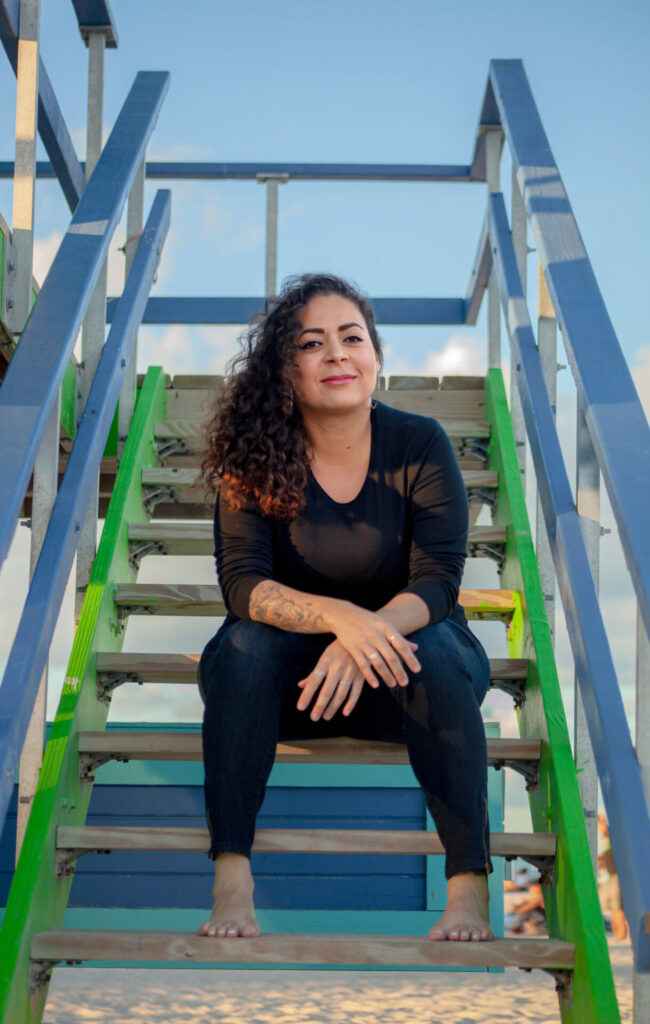“Over the next few years, Mercy would cut my hair off many times, as if trying to teach me something about who I was, who I was supposed to be: my grandmother was the first person to ever call me nigger.” (Diaz, pg 51)
From the start of her story, Jaquira Diaz has brought us all along her beginning childhood life in Puerto Rico. She touches on her childhood adventures and her family troubles. From the violence that would creep into her life and her own family issues. Diaz’s father has been a very present person in her story, the first story she shared was of her and her father at catholic church for a funeral of her father’s hero. She constantly references how similar she is and looks to her father. Saying “I was just like Papi, with his wide nose, with dark eyes, tight curls, skin that browned easily after a little bit of sun.”(Diaz, pg 18) She always felt very similar to her father and how he behaved. This explains how hurt and troubled she was with her father’s infidelity, stealing his favorite book and never letting him know that she had it, “I would lay my head on my pillow and feel nothing but the sharp sting of my father’s betrayal.”(Diaz, pg 37)
Her grandmother Mercy was something that Diaz did not connect with, probably being that she was racist and colorist. Her grandmother constantly made racist remarks about Diaz’s family because her father was black with black features and Mercy outwardly disliked that. Diaz remembers “Our white grandmother, Mercy, hated that my hair was a tangle of dry and frizzy curls like my father’s. Bad hair, she called it.”(Diaz, pg 49) Her white grandmother ended up constantly cutting her hair short into ugly hairstyles then blaming the look on the fact that it was curly, kinky hair. To have a grandmother that blatantly did not like a part of you since you were young must have been horrible and traumatizing that she kept cutting her hair. To the point where Diaz was being bullied in school, people constantly asked her “Why do you look like a boy?” (Diaz, pg 51) I hope that as we continue the book someone stands up to or stops Mercy because that is just cruel.
Díaz Jaquira. (2019). Ordinary girls: A memoir. Algonquin Books of Chapel Hill.



